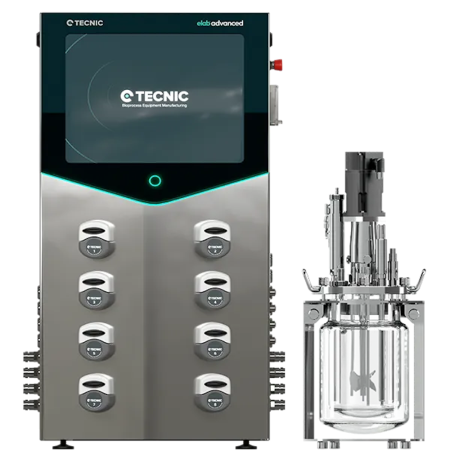Bioreactors
Laboratory bioreactors provide controlled environments for growing cells or microorganisms, supporting research, development, and biomanufacturing processes.

Understanding Bioreactors
A laboratory bioreactor is a vessel designed to create optimal conditions for cultivating cells, microorganisms, or tissues under carefully controlled parameters. Used extensively in biotechnology, pharmaceuticals, and academic research, bioreactors regulate factors such as temperature, pH, oxygen levels, and nutrient supply to promote healthy growth and maximise yield. They are essential for applications including vaccine production, enzyme synthesis, and cell culture research. Available in sizes from small benchtop units to pilot-scale systems, laboratory bioreactors can be equipped with features like automated monitoring, stirring mechanisms, and sterile sampling ports. By providing reproducible, scalable environments, they enable scientists to develop and refine processes for drug discovery, regenerative medicine, and industrial bioprocessing, bridging the gap between laboratory research and full-scale production.
